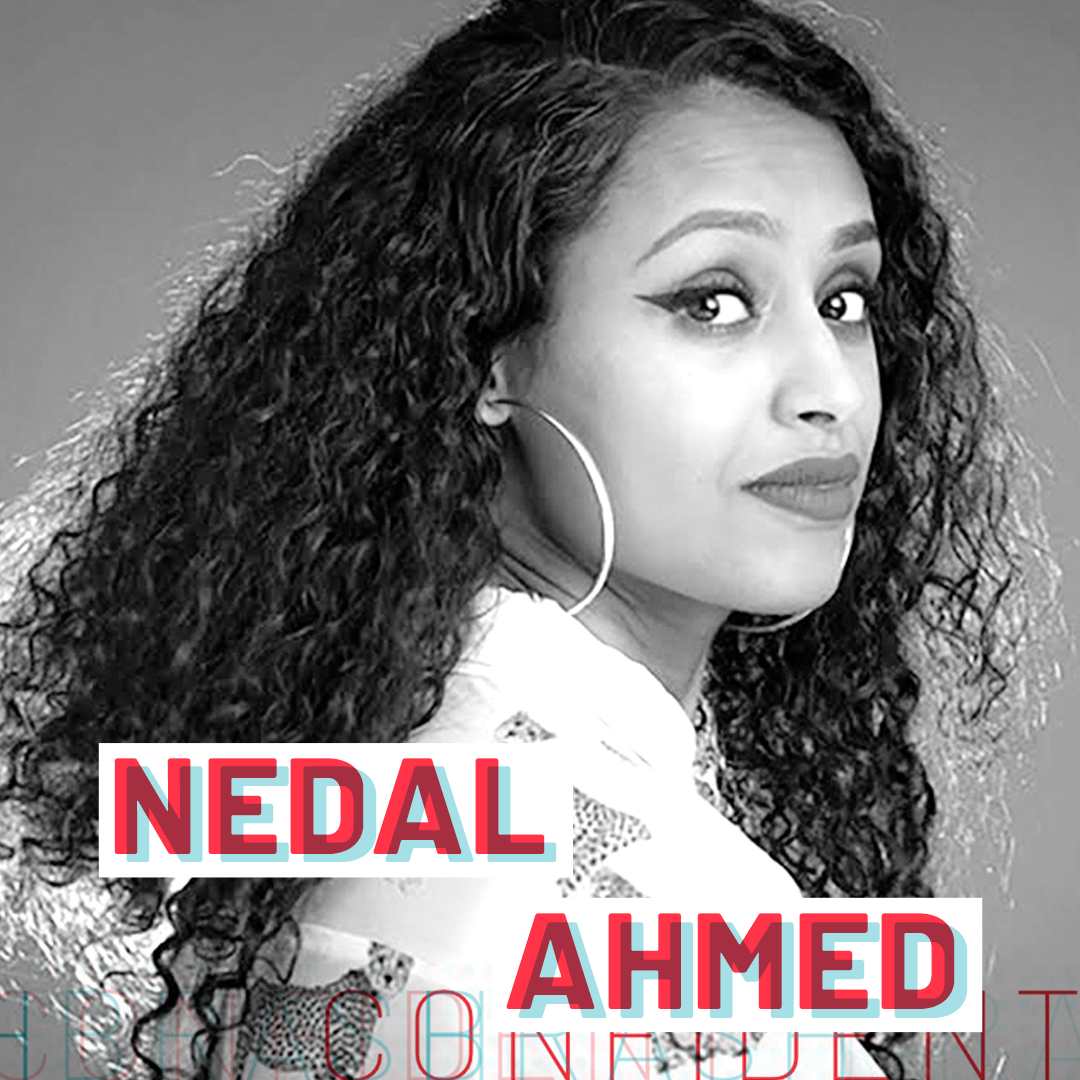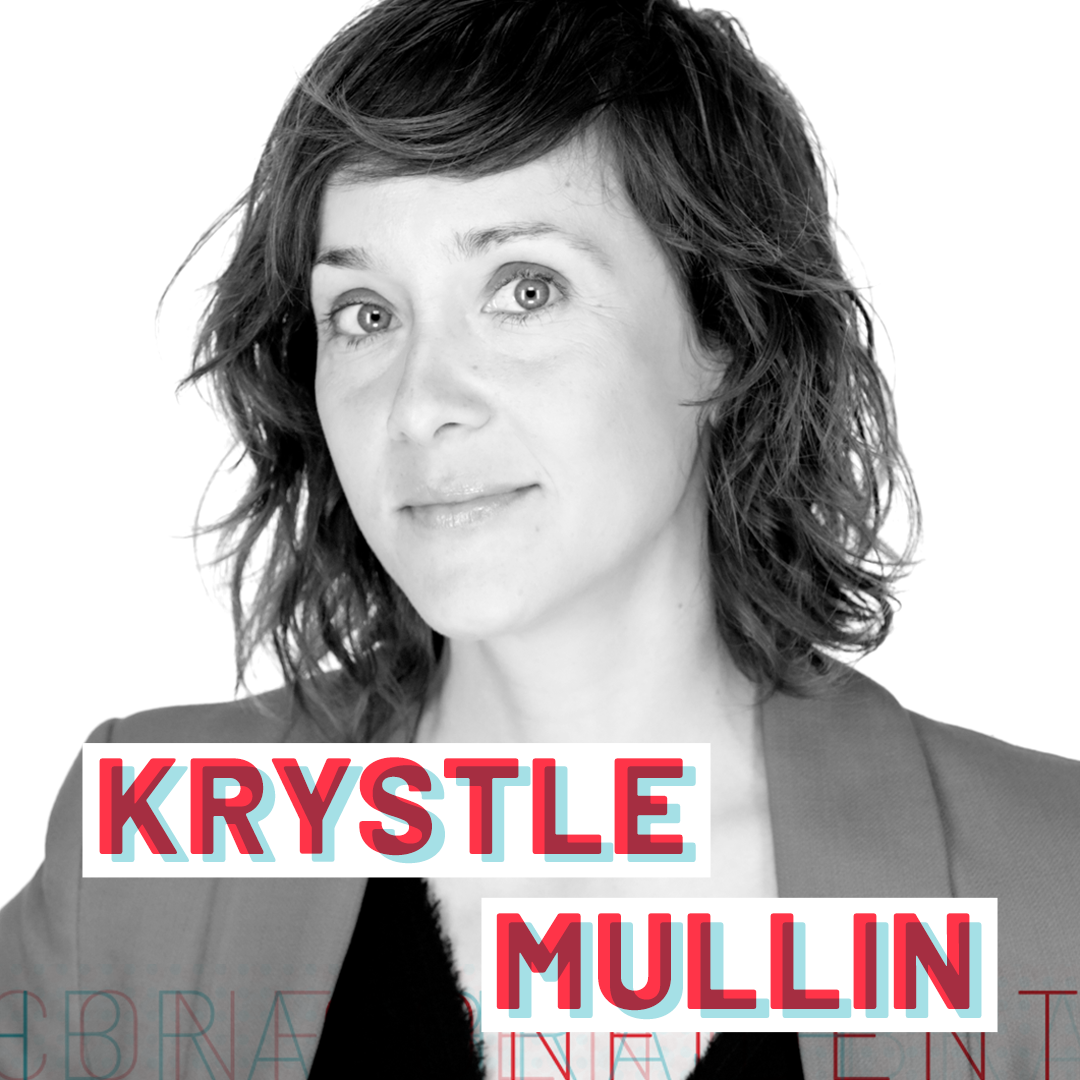
Next Creative Leaders 2018: Gayatri Sriram
on Nov 06, 2018
Hometown and country:
New Delhi, India
Current employer, city and role:
Digital Creative Head, FCB Ulka, Delhi
How did your upbringing, family or hometown shape you as a creative?
Growing up, my intimidating, powerfully built, 6-plus feet tall father would roar at me if he ever saw me trying to cram for an exam. He always insisted that I ask if I didn’t understand something: Ask him. Ask my mom. Ask my teachers. Ask why. Ask how. And keep on asking until I understood. He drilled into me a strong desire for logic and reasoning. Unfortunately, it backfired in my teenage years when he’d probably have preferred I stop asking questions and just follow the rules! I carried that forward from my rebellious teenage years—and as an adult it manifests as a rejection of the status quo. I notice when things don’t work and I find myself naturally thinking of creative solutions, big and small.
What’s your “breaking into advertising” story?
It’s a super boring story: young girl loves writing, ad industry loves young under-paid writers. They met and the rest is history!
What’s the piece of work you’re most proud of and why?
#NoConditionsApply, a campaign we launched last year, turned a divisive Indian festival, into one of inclusion and acceptance. Last year, we celebrated the festival in one city with trans women, sex workers, and widows—women who’re traditionally forbidden to partake in such a sacred celebration. And this year, the temples and festival societies across all major Indian cities opened their doors to all women, using our hashtag and messaging. While we were ecstatic to see the campaign receive so much love during its launch, seeing sustained momentum and visible societal change a whole year later, was really powerful.
What does meaning this award mean to you?
Being recognized in this way reaffirms that I’m on the right path, that I am making the right decisions and that there is a place for me at the table. I’m also excited about the opportunities it will open for me to grow professionally, through networking, collaboration and accessing the best minds in the industry.
Who has most influenced you in your career thus far?
My current CCO, Swati Bhattacharya. She’s taught me that there is magic in authentic storytelling. She’s also a generous, fair, feminist boss lady who is super fun to be around.
What do you feel is the biggest challenge facing women right now (work or non work related) and how would you solve it?
Workplace sexism is derailing the careers of countless women. From slowly eroding their confidence, to failing at retaining mothers, sexism is one of the most urgent concerns facing us today. I’d like to solve this first for the women I lead in my team through giving them an opportunity to express themselves, giving them the tools to address subtle sexism at work, and educating both men and women about subconscious biases. On a larger scale, the best weapon against workplace sexism is more women in the boardroom, so I’d work with organizations like the 3% Movement to execute initiatives that put more women —me included—at the top.
If you were CCO of your company, what would be the one thing you’d change (if you could just wave your magic wand?)
I’d bless all my clients with some bravado, so my agency and I can finally get those ballsy, amazing, provocative ideas realized and campaigns approved.
The theme of this year’s 3% Conference is “Bring It.” What do you think you bring to the table as a creative and a leader?
I’ve learned from the best. The personal brand of leadership that I strive towards every day is collaboration, trust, generosity and clarity.
What’s the biggest lesson you’ve learned in the past year?
Authenticity trumps marketing gimmicks. Consumers are savvy, smart people and they can smell insincerity. Truthful representation based on strong insights, will take you so much further than any expensive, short-lived gimmick.
What’s the biggest risk you’ve taken in your career so far and how did it pan out?
I was working for Google’s digital agency when I got a call to join FCB Ulka, a mainline agency with no digital team to speak of in the Delhi office. I agreed because I knew the people running the agency were creative geniuses. It felt like such a risk at the time, to leave a digitally sound agency with technology, UI/UX, the works, and walk into a super traditional advertising agency as its first digital hire. As it turns out, I’ve done some of my best work at FCB Ulka, and it’s done more for my career in the last two years than I could have ever imagined. The leaders of my agency are my mentors, providing direction, support, wisdom—and the freedom to create great work. It’s reinforced the importance of choosing people (not brands, or business size, etc) when it comes to career decisions.
How do you “fill up your cup” creatively?
Every so often I retreat into a hole with books, coffee, dark chocolate and tons of sleep. I also find a lot of joy in experiencing different places, cultures and museums—so travel figures quite prominently in my life.
What’s currently inspiring you?
The #MeToo movement is getting its voice heard loud and clear in India right now. It’s hit a whole host of industries and a lot of painful stories have surfaced. I’m inspired by the strength of a lot of these women to openly challenge and take on incredibly influential men. I’m inspired by the organic sisterhood that has formed on social media between strangers looking out for each other. I’m also inspired to do something about the vast lack of knowledge and education amongst people who genuinely believe that many of these are false accusations for the sake of vengeance/publicity.
What would be your dream project and why?
The “Dream Crazy” campaign with Colin Kaepernick by Nike. It’s provocative, sexy, and a strategic stroke of genius. It takes real balls to say let’s accept the immediate backlash, because it’ll help us create stronger connections with our core target audience of young millennials.
How are you leaving the work, the workplace or the world a better place than you found it?
In my experience, the definition of “good” leadership is very one-dimensional. It's traditionally masculine, authoritative, rational, formal, and un-emotional. I've been lucky enough to see what a difference it can make for a leader to operate with empathy, sensitivity, and emotions, and I model myself after this new school of thought. Especially in India, where we still define good leaders as those who don't express emotions, I try to demonstrate what it looks like when we don’t leave our humanity at the door when we walk into office.
Seeing leadership through this limiting lens leads to countless women being overlooked in favor of men for senior roles. And the only way for women to break into leadership is to adopt said "masculine" qualities. My goal is to help break this conditioning.
Leading with empathy and understanding has been shown to benefit overall employee satisfaction, their retention, and their inspiration.
What’s the biggest piece of advice you can give to women embarking on a creative career?
Be resilient. That’s what helps you bounce back from all the things that are keeping you from reaching your goals.
Tags
Related













